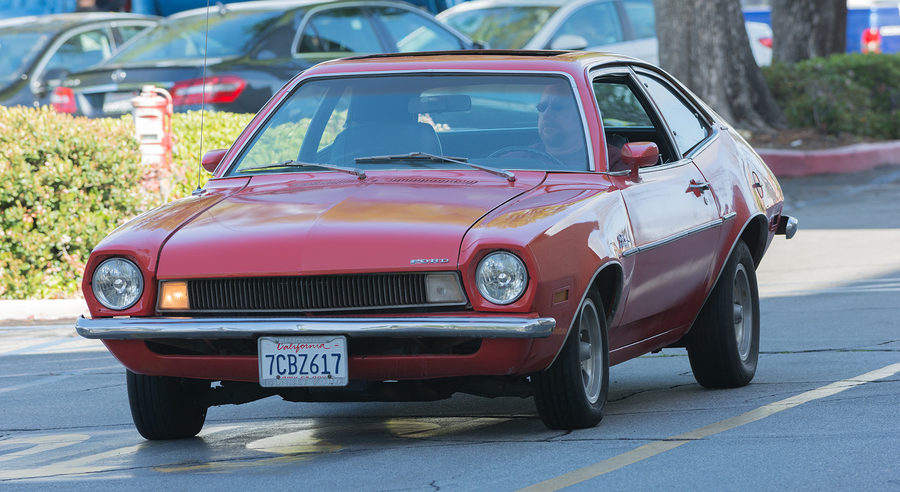Product recalls happen when manufacturers introduce a new product or commodity to the market for resale, but the product is defective and dangerous in some way. Manufacturers these days are in high competition and always in a rush when it comes to getting their products out on the market to start making fast cash; the subsequent problem that arises from this situation is that some products are not properly tested before they are released to the public. When a person is injured as a result of a defective product, it falls under product liability law, and victims may be entitled to compensation for their damages.
Continue reading to learn more about defect products and injury lawsuits, including who to trust for verified legal counsel regarding your potential claim.

Defective Products and Product Liability
Here in Indiana, product liability cases are governed under The Product Liability Act, which defines a defective product as, “A product is in a defective condition under this article if, at the time it is conveyed by the seller to another party, it is in a condition: (1) not contemplated by reasonable persons among those considered expected users or consumers of the product; and (2) that will be unreasonably dangerous to the expected user or consumer when used in reasonably expectable ways of handling or consumption.”
Filing a Defective Product Injury Claim
An injured victim of a defective or recalled product has up to 2 years to file a claim against the at-fault seller or manufacturer under most situations. Some legal principals to consider when determining a victim’s entitlement to compensation for damages and losses: strict liability and market share liability.
Strict Liability
Manufacturers, retailers, and marketers are the common types of sellers held liable in product liability lawsuits. This legal principal is known as strict liability. If one party makes, sells, or even leases a product that meets the state criteria of a defective product, they can be held legally responsible for any physical harm suffered by the consumer, including their damages and losses, such as hospital bills and medical expenses. However, in order for the seller to be held liable, three elements must be true. First, a seller must be involved in the sales of the product. Second, the consumer must be in a class of people that the seller would reasonably expect to be harmed. And third, a consumer must have obtained the product without a substantial change in its condition.
Market Share Liability
Market share liability is a legal set of rules that plaintiffs and courts use regarding a group of product manufacturers in a product liability case if the origin of the harmful product in question cannot be proven. In such a case, since there is no way of determining which manufacturer provided the fungible product that harmed a person or group of people, the law decrees that all manufacturers in the market must pay a percentage of recompense for damages. The apportioned share in a market share liability case is not always equal among manufacturers. It is divided according the percentage of the product they produced and distributed at the time a victim was injured by it.
Famous Product Recalls of Our Time
Ford Pinto (1978) – Perhaps the most famous recall of them all, the Ford Pinto was recalled for explosive reasons. Rear-end collisions caused the car to essentially blowup, because the fuel tank was positioned improperly inside the vehicle; and as a result, numerous fatalities and injuries occurred among consumers.
Fire Stone Tires (2000) – Over six million tires were recalled after faulty manufacturing on Ford Explorer vehicles caused numerous motor vehicle accidents resulting in approximately 175 deaths and nearly 700 injuries. Their company losses were reported to be over 100 million dollars.
Renu Moisture Loc Contact Lens Solution (2006) – This Bausch & Lomb contact lens solution was recalled for potentially being linked to a blinding eye infection called Fusarium Fungus. Their company losses were reported to be over 100 million dollars.
Mattel Toys (2007) – Lead contamination was the culprit behind this 2007 recall. More than 18 million toys, manufactured in China, were recalled.
Ground Beef (2008) – The Department of Agriculture ordered the Hallmark-Westland Meat Company to recall more than 140 pounds of ground beef because it may have been contaminated with a bovine disease. The mean was thought to be contaminated with a disease call Downer Cattle. The company had to pay more than 60 million dollars in restitution and fines related to this recall.
Speak to a Skilled Product Liability Lawyer for Indiana Injury Cases
Call Craven, Hoover, and Blazek P.C. at 317-881-2700 to speak with a licensed Indiana personal injury lawyer about your recent product liability injury. Attorneys Daniel Craven, Ralph Hoover, and Keith Blazek are well-versed and experienced in insurance compensation law, and offer free initial consultations to discuss your case and determine the best strategies for your claim. We never collect lawyer fees unless we obtain a settlement or judgment for you. Get started today by calling 317-881-2700 and scheduling your free consultation.

